There has been a shift in recent years for agribusinesses to promote diversity, equality and inclusion as part of their company strategy. This is being driven by young people who place greater value on these issues. Employees across the board are also looking for better work-life balance and businesses are expected to provide an employment proposition that is more inclusive in terms of hours, flexible working practices and workplace culture.
In Ireland, women make up more than 35% of the workforce and some hold executive and global leadership positions. Women are significant contributors to Ireland’s agricultural industry. While they account for some 13% of all farm owners in Ireland, CSO data shows there are around 75,000 female farm workers. Organisational groups are supporting women in business as diversity is part of the Environmental Social and Governance (ESG) agenda under the social pillar.
Margot Slattery, AgDIF
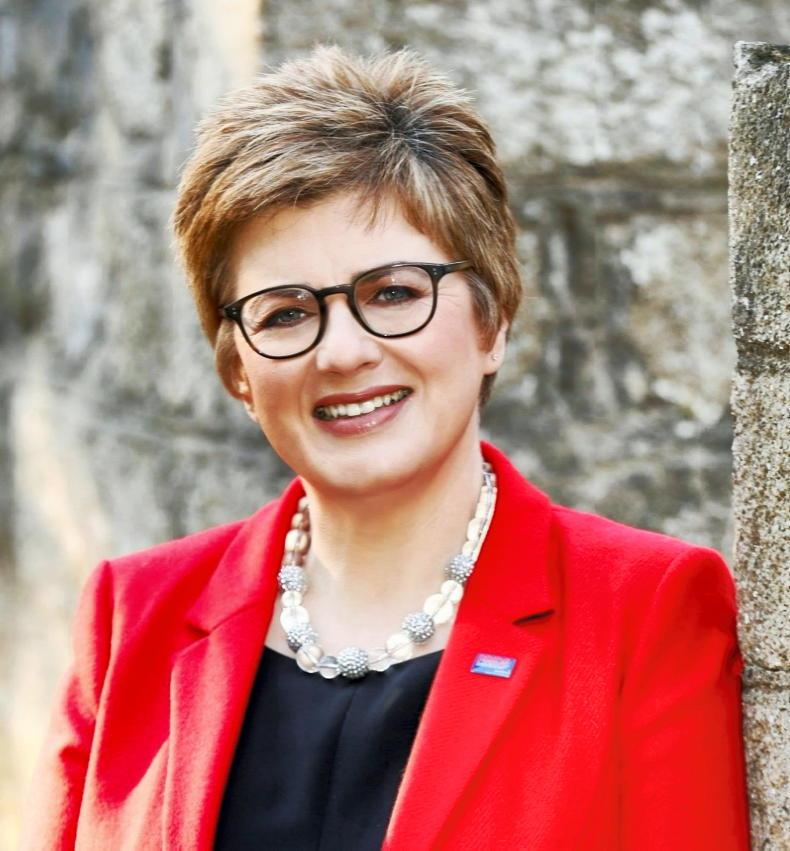
Margot Slattery, the Chair of the Agri Food Diversity & Inclusion Forum Advisory Group.
The Agri-Food Diversity & Inclusion Forum (AgDIF) is a collaborative initiative with industry, led by Bord Bia and Aon in partnership with the 30% Club. Their vision is to ensure the Irish food and drink industry is the industry of choice for the best talent.
“Our purpose is to advance the diversity and inclusion agenda within the Irish food and drink industry,” says Margot Slattery, chair of AgDIF. “The goal is...to build a long-term and sustainable labour force.”
Margot’s role is to act as chair at the advisory board meetings, to bring an industry view, to guide the agenda and give some insights to industry best practise.
“I believe AgDIF has helped to change the narrative around diversity and inclusion in the industry and to ensure leaders and CEOs have a deeper understanding of the call to action,” she says.
Majella Darcy, Ornua
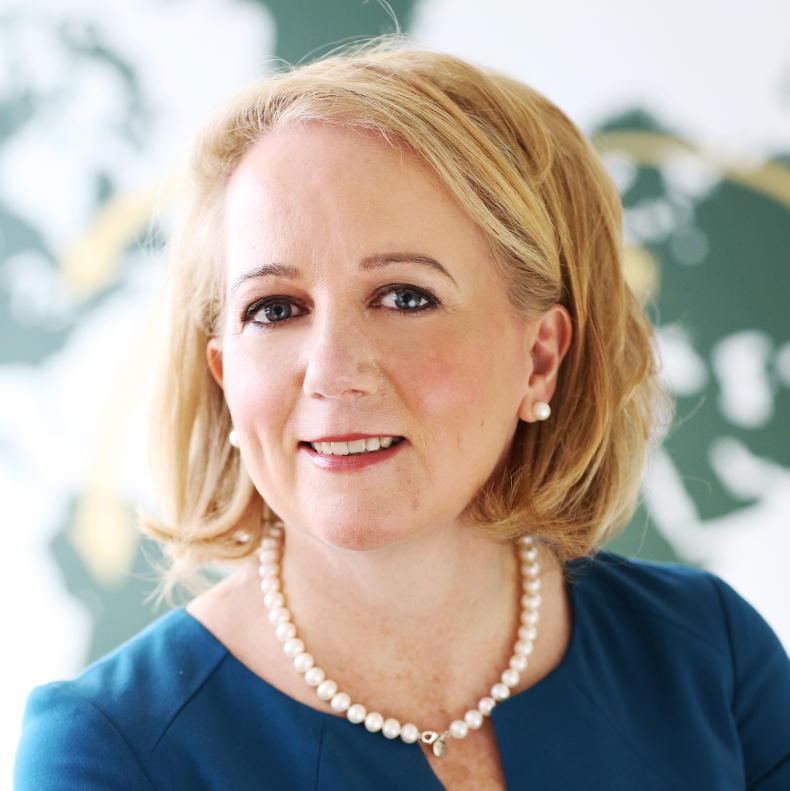
Majella Darcy Chief People Officer, Ornua.
In 2016, Ornua started to look at the importance of diversity, inclusion and equality as part of the company’s strategy.
This transpired as young employees coming into the business asked questions such as what is your diversity strategy, what level of gender balance do you have at different levels of your business?
“Quite rightly, they put a mirror up to us to look at that, which was great. There was a pressure top down, bottom up for us and the industry. We started by being really intentional about diversity and, in particular, gender diversity,” says Ornua chief people officer Majella Darcy.
"Diversity is good for the bottom line, as it brings a cognitive difference to decision-making and how we run businesses.
“We get a better outcome, we get a better answer and we get a better result,” says Majella.
Ornua has developed and implemented several progressive family friendly policies and initiatives, along with creating a diversity and belonging steering group with senior executive team sponsorship.
Diversity and belonging is a key component of Ornua’ s five-year plan and talent strategy. Two females were appointed to the board in 2021, along with a target set to have successors for senior roles in the business split 45% women 55% men.
“That has been quite a big challenge. If I go back to 2017, 17% of females were in that succession pool. So that's a very significant jump in terms of 38% today, and we want to get to 45%,” says Majella.
When organisations are looking at this agenda, it can be daunting. Majella advises to start with the smaller things, as sometimes it’s those that can make a difference.
“An example of that, ensuring balanced gender participation in meetings which doesn't cost anything. Look at your meetings and who attends. Look at what difference is around the table,” says Majella.
Orla McAleer, Alltech
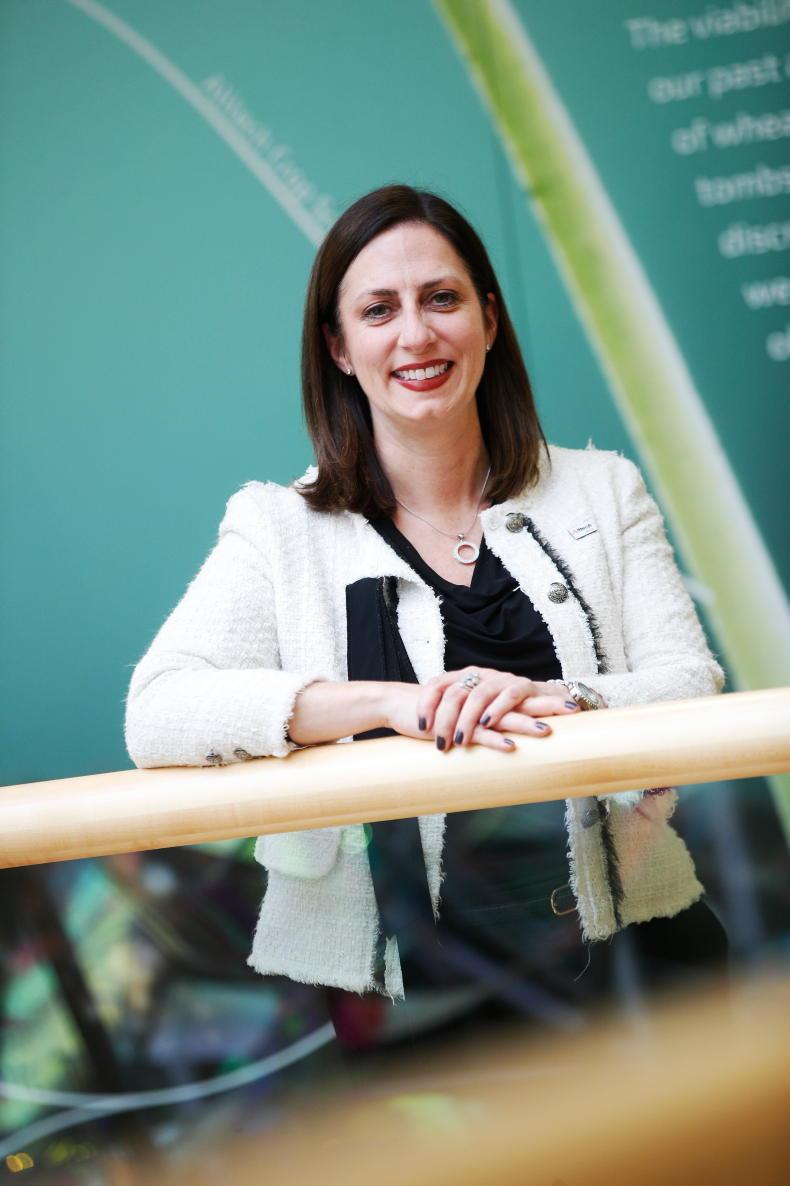
Orla McAleer, chief culture officer, Allltech.
Alltech has a diverse global workforce, according to Orla McAleer, chief culture officer.
“Our inclusion of varied geographies, genders, educational backgrounds and work experiences empowers our more than 5,000 team members to grow robust careers,” she says. “Since the company’s founding in 1980, women have led departments, teams and strategic initiatives.”
A diverse and inclusive environment allows for a wide array of opinions, ideas and solutions.
In 2019, Alltech selected UN Sustainable Development Goal 5 — Gender Equality as one of the nine sustainable development goals.
“We are committed to advancing, and we remain dedicated to the goal of eliminating discrimination and empowering women and girls,” says Orla.
The Women in Food and Agriculture (WFA) mentorship programme was created in response to an Alltech-sponsored survey of women in the industry. They reported that a lack of mentorship opportunities was a barrier to their success.
“Agriculture has an array of career options, and it provides women with exciting opportunities to contribute to sustainable food production, empowering them to play a crucial role in ensuring global food security,” says Orla.
Ailish Byrne, Tirlán
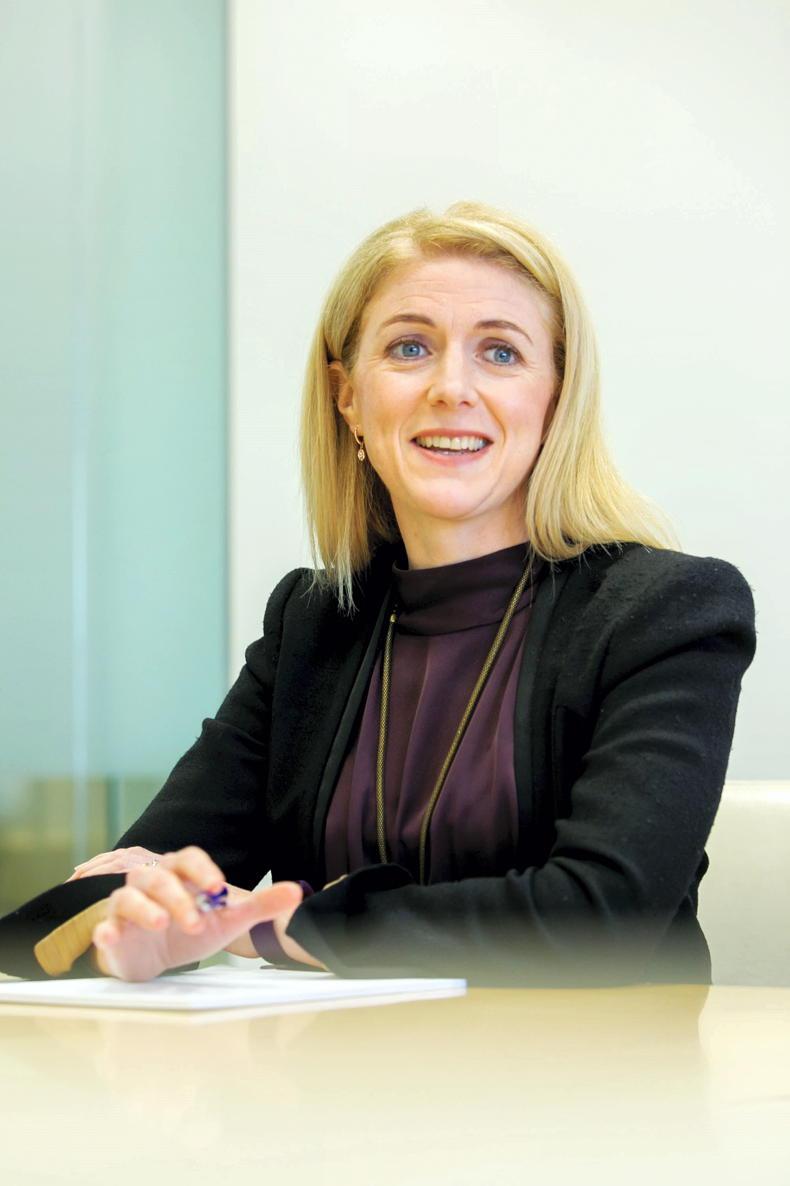
Tirlán Director of Agribusiness Ailish Byrne.
Greater diversity leads to better decision making, increased innovation and higher performance, according to Ailish Byrne, director of agribusiness in Tirlán.
“The decision to pursue greater diversity was an easy decision for our board and executive leadership team,” says Ailish. “We have seen the appointment of a number of women to senior leadership positions within our business but we are also seeing progress in occupational segregation with women taking up roles in engineering, science-based roles and in production.”
The development of a Young Farmer Group within Tirlán was to encourage and support young farmers.
“We want to build the confidence and knowledge of our young farmers so that they are equipped to participate in the co-op in the future,” says Ailish. “It is also important that both females and males are represented at speaking engagements and school/college events. We believe young people should be exposed to the opportunities and variety of positions on offer in our thriving agri-food sector.”
“Our hope is that by introducing designated seats, women will become more visible in our co-op, encouraging broader female involvement,” says Ailish.
Read more
Students on tour ahead of the Certified Irish Angus schools final
Agri Careers: industry movers and shakers
There has been a shift in recent years for agribusinesses to promote diversity, equality and inclusion as part of their company strategy. This is being driven by young people who place greater value on these issues. Employees across the board are also looking for better work-life balance and businesses are expected to provide an employment proposition that is more inclusive in terms of hours, flexible working practices and workplace culture.
In Ireland, women make up more than 35% of the workforce and some hold executive and global leadership positions. Women are significant contributors to Ireland’s agricultural industry. While they account for some 13% of all farm owners in Ireland, CSO data shows there are around 75,000 female farm workers. Organisational groups are supporting women in business as diversity is part of the Environmental Social and Governance (ESG) agenda under the social pillar.
Margot Slattery, AgDIF

Margot Slattery, the Chair of the Agri Food Diversity & Inclusion Forum Advisory Group.
The Agri-Food Diversity & Inclusion Forum (AgDIF) is a collaborative initiative with industry, led by Bord Bia and Aon in partnership with the 30% Club. Their vision is to ensure the Irish food and drink industry is the industry of choice for the best talent.
“Our purpose is to advance the diversity and inclusion agenda within the Irish food and drink industry,” says Margot Slattery, chair of AgDIF. “The goal is...to build a long-term and sustainable labour force.”
Margot’s role is to act as chair at the advisory board meetings, to bring an industry view, to guide the agenda and give some insights to industry best practise.
“I believe AgDIF has helped to change the narrative around diversity and inclusion in the industry and to ensure leaders and CEOs have a deeper understanding of the call to action,” she says.
Majella Darcy, Ornua

Majella Darcy Chief People Officer, Ornua.
In 2016, Ornua started to look at the importance of diversity, inclusion and equality as part of the company’s strategy.
This transpired as young employees coming into the business asked questions such as what is your diversity strategy, what level of gender balance do you have at different levels of your business?
“Quite rightly, they put a mirror up to us to look at that, which was great. There was a pressure top down, bottom up for us and the industry. We started by being really intentional about diversity and, in particular, gender diversity,” says Ornua chief people officer Majella Darcy.
"Diversity is good for the bottom line, as it brings a cognitive difference to decision-making and how we run businesses.
“We get a better outcome, we get a better answer and we get a better result,” says Majella.
Ornua has developed and implemented several progressive family friendly policies and initiatives, along with creating a diversity and belonging steering group with senior executive team sponsorship.
Diversity and belonging is a key component of Ornua’ s five-year plan and talent strategy. Two females were appointed to the board in 2021, along with a target set to have successors for senior roles in the business split 45% women 55% men.
“That has been quite a big challenge. If I go back to 2017, 17% of females were in that succession pool. So that's a very significant jump in terms of 38% today, and we want to get to 45%,” says Majella.
When organisations are looking at this agenda, it can be daunting. Majella advises to start with the smaller things, as sometimes it’s those that can make a difference.
“An example of that, ensuring balanced gender participation in meetings which doesn't cost anything. Look at your meetings and who attends. Look at what difference is around the table,” says Majella.
Orla McAleer, Alltech

Orla McAleer, chief culture officer, Allltech.
Alltech has a diverse global workforce, according to Orla McAleer, chief culture officer.
“Our inclusion of varied geographies, genders, educational backgrounds and work experiences empowers our more than 5,000 team members to grow robust careers,” she says. “Since the company’s founding in 1980, women have led departments, teams and strategic initiatives.”
A diverse and inclusive environment allows for a wide array of opinions, ideas and solutions.
In 2019, Alltech selected UN Sustainable Development Goal 5 — Gender Equality as one of the nine sustainable development goals.
“We are committed to advancing, and we remain dedicated to the goal of eliminating discrimination and empowering women and girls,” says Orla.
The Women in Food and Agriculture (WFA) mentorship programme was created in response to an Alltech-sponsored survey of women in the industry. They reported that a lack of mentorship opportunities was a barrier to their success.
“Agriculture has an array of career options, and it provides women with exciting opportunities to contribute to sustainable food production, empowering them to play a crucial role in ensuring global food security,” says Orla.
Ailish Byrne, Tirlán

Tirlán Director of Agribusiness Ailish Byrne.
Greater diversity leads to better decision making, increased innovation and higher performance, according to Ailish Byrne, director of agribusiness in Tirlán.
“The decision to pursue greater diversity was an easy decision for our board and executive leadership team,” says Ailish. “We have seen the appointment of a number of women to senior leadership positions within our business but we are also seeing progress in occupational segregation with women taking up roles in engineering, science-based roles and in production.”
The development of a Young Farmer Group within Tirlán was to encourage and support young farmers.
“We want to build the confidence and knowledge of our young farmers so that they are equipped to participate in the co-op in the future,” says Ailish. “It is also important that both females and males are represented at speaking engagements and school/college events. We believe young people should be exposed to the opportunities and variety of positions on offer in our thriving agri-food sector.”
“Our hope is that by introducing designated seats, women will become more visible in our co-op, encouraging broader female involvement,” says Ailish.
Read more
Students on tour ahead of the Certified Irish Angus schools final
Agri Careers: industry movers and shakers











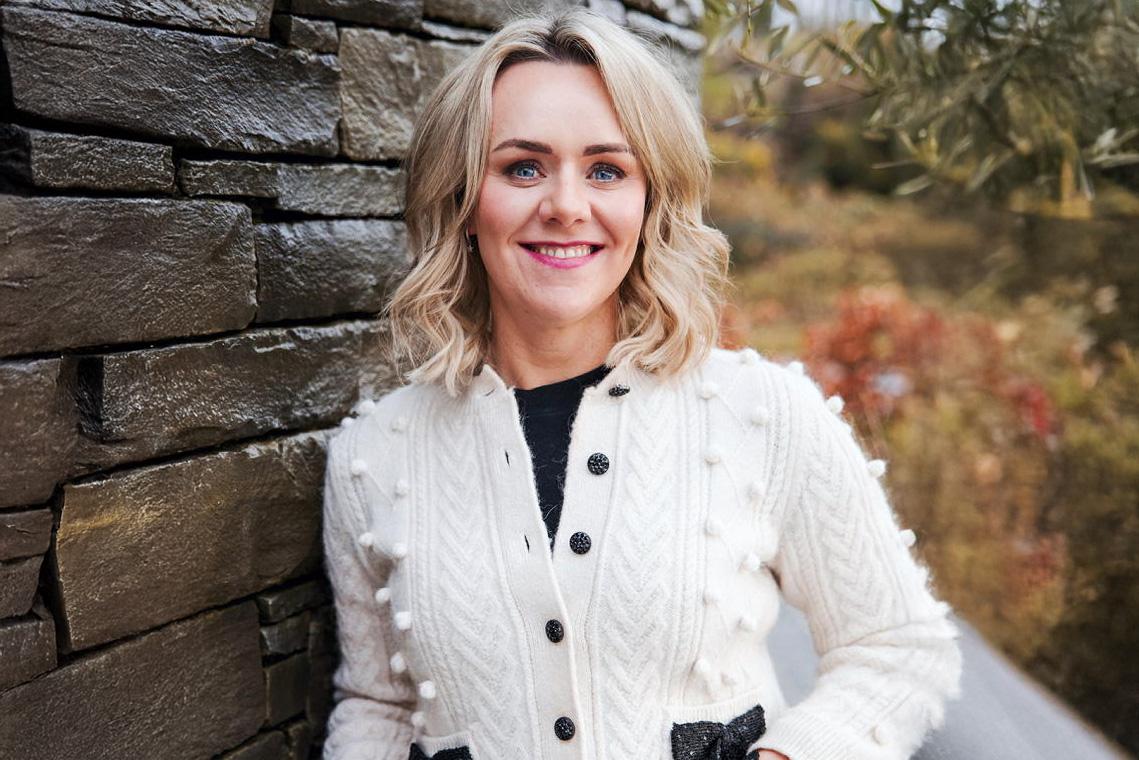
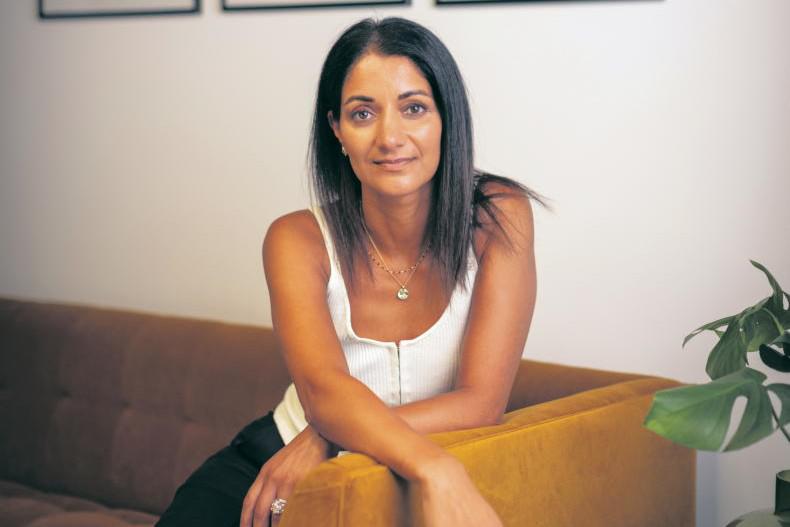
SHARING OPTIONS